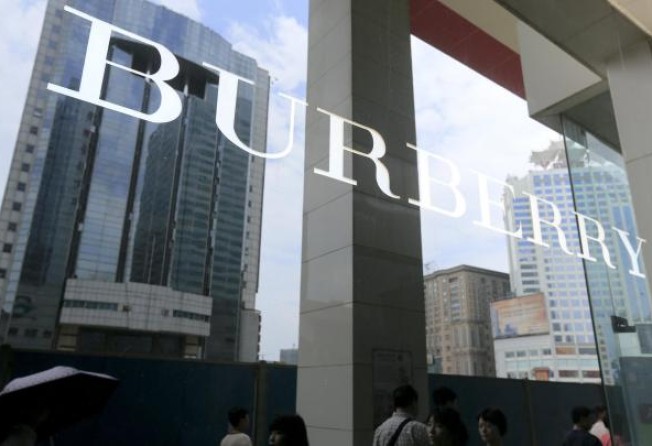Luxury brands put own hands on deck
Owners of luxe lines reassert control over sales and distribution on the mainland as shoppers grow in sophistication and global prominence

Luxury brands are increasingly reclaiming distribution rights from their mainland agents to assert tighter control of sales channels and better meet the growing sophistication of shoppers in the world's biggest luxury market.
The latest example is British fashion house Jimmy Choo, which has acquired its China business from partner Kutu.
Other big brands, including Montblanc, Burberry and Chloe, have also bade farewell to their mainland distributors or agents to run most of their shops on their own. "Chinese luxury fashion consumers are younger, better informed, more exposed globally and ultimately very sophisticated. Having control in the market will allow us to further develop the brand and our business and become closer to our customers in the region," Jimmy Choo chief executive Pierre Denis said.
The London-based brand has opened three stores - in Shanghai, Beijing and Nanjing - since it launched on the mainland in 2009. It plans to raise the number to 30 in coming years.
The mainland market has never been more important for luxury brands. Last year, Chinese shoppers surpassed Americans to become the world's biggest spenders on high-end bags, apparel and jewellery, according to a study by consultancy Bain & Co.
Sales to Chinese consumers accounted for 27 per cent of global luxury consumption, compared with just 1 per cent in 1995.
Rising along with sales volumes is the taste and expectations of mainland consumers, who have more opportunities to travel abroad, comparing goods, prices and services.
"The competition to grab high-end consumers is getting tougher," said Bruno Lannes, Bain partner and author of the "China Luxury Market Study".
"It has been a trend for the top brands to run the business on their own … the major driver for them is to take control of the customer experience in a more complete way. They also expect to boost performance and profit by operating the stores themselves."
Distributors or agents were the most common way for luxury brands to tap the market in the 1990s and early 2000s, when the government required foreign retailers to work with a local partner to open shops. That restriction was removed in 2005.
In the early years, local agents and distributors took advantage of their existing sales networks, business ties and media relations to help many brands establish a solid presence in China.
Hong Kong-based ImagineX and Dickson Concepts are the market's leading players.
But weaknesses have emerged in this business model as the market has grown.
Zeng Mingyue, a researcher specialising in luxury goods at the Beijing University of International Business and Economics, said agents and distributors often managed more than one brand at a time and were reluctant to invest heavily in promotion, advertising and in-store staff training.
"The main target for agents is to maximise the profit rather than spread the brands' culture. Some of them may open shops in cheaper places or display as many products as possible in the shops, which is the opposite of what big brands usually do in their own shops," Zeng said.
But agents or distributors would not disappear from the sector because it was still an efficient way for luxury brands to penetrate small cities quickly.